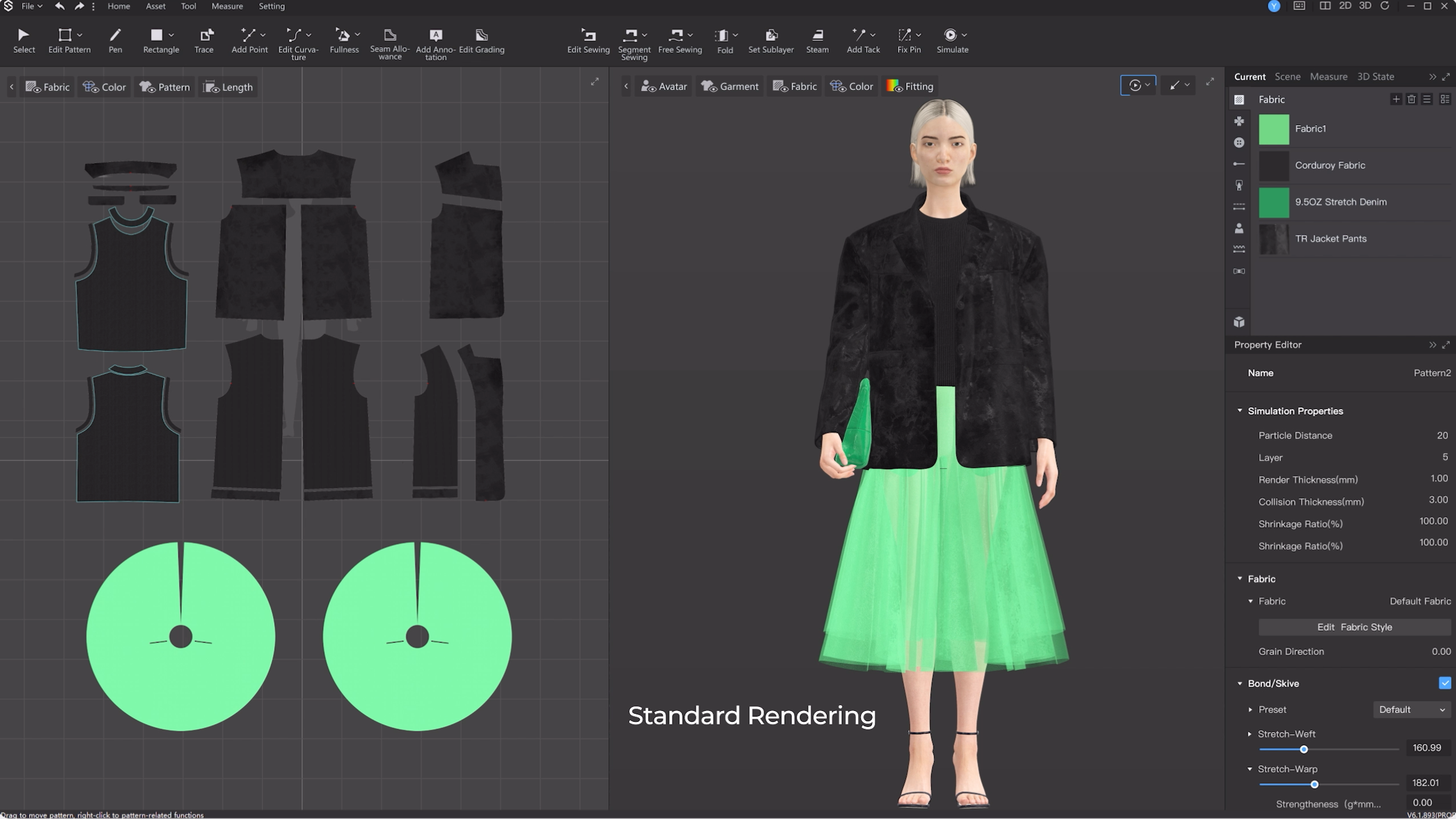The Future of Fashion: How Artificial Intelligence is Revolutionizing the Industry

The Future of Fashion: How Artificial Intelligence is Revolutionizing the Industry
In recent years, the fashion industry has witnessed a significant transformation, thanks to the integration of Artificial Intelligence (AI). This cutting-edge technology is not just a buzzword; it’s a game-changer that is reshaping how designers create, how brands market, and how consumers shop.
What is Artificial Intelligence in Fashion?
Artificial Intelligence refers to the simulation of human intelligence in machines that are programmed to think and learn like humans. In the context of fashion, AI is being used to streamline various processes, from design and production to marketing and customer service.
Applications of AI in Fashion
AI is being utilized in numerous ways within the fashion industry:
- Design Assistance: AI algorithms can analyze trends and consumer preferences to assist designers in creating collections that are more likely to succeed in the market.
- Virtual Fitting Rooms: AI-powered virtual fitting rooms allow customers to try on clothes virtually, reducing the need for physical fitting rooms and enhancing the online shopping experience.
- Supply Chain Optimization: AI can predict demand, optimize inventory levels, and streamline the supply chain, reducing waste and improving efficiency.
- Personalized Marketing: AI analyzes customer data to deliver personalized recommendations and targeted marketing campaigns, increasing customer engagement and sales.
Benefits of AI in Fashion
The integration of AI in fashion offers numerous benefits:
- Increased Efficiency: AI automates repetitive tasks, allowing designers and brands to focus on creativity and strategy.
- Enhanced Customer Experience: Personalized recommendations and virtual fitting rooms improve the shopping experience, leading to higher customer satisfaction.
- Reduced Waste: By optimizing the supply chain and predicting demand, AI helps reduce overproduction and waste, contributing to a more sustainable fashion industry.
- Data-Driven Decisions: AI provides valuable insights based on data analysis, enabling brands to make informed decisions and stay ahead of trends.
Challenges and Considerations
While AI offers numerous advantages, there are also challenges to consider:
- Data Privacy: The use of AI requires the collection and analysis of large amounts of data, raising concerns about data privacy and security.
- High Initial Costs: Implementing AI technology can be expensive, particularly for smaller brands and designers.
- Ethical Concerns: The use of AI in fashion raises ethical questions, such as the potential for bias in algorithms and the impact on jobs in the industry.
Conclusion
The integration of Artificial Intelligence in the fashion industry is revolutionizing how we design, produce, and consume fashion. While there are challenges to address, the potential benefits are immense, offering a glimpse into a more efficient, personalized, and sustainable future for fashion. As AI continues to evolve, it will undoubtedly play an even more significant role in shaping the industry’s future.
For more information on how AI is transforming the fashion industry, visit Style3D.
Keyword: free 3d fashion design software